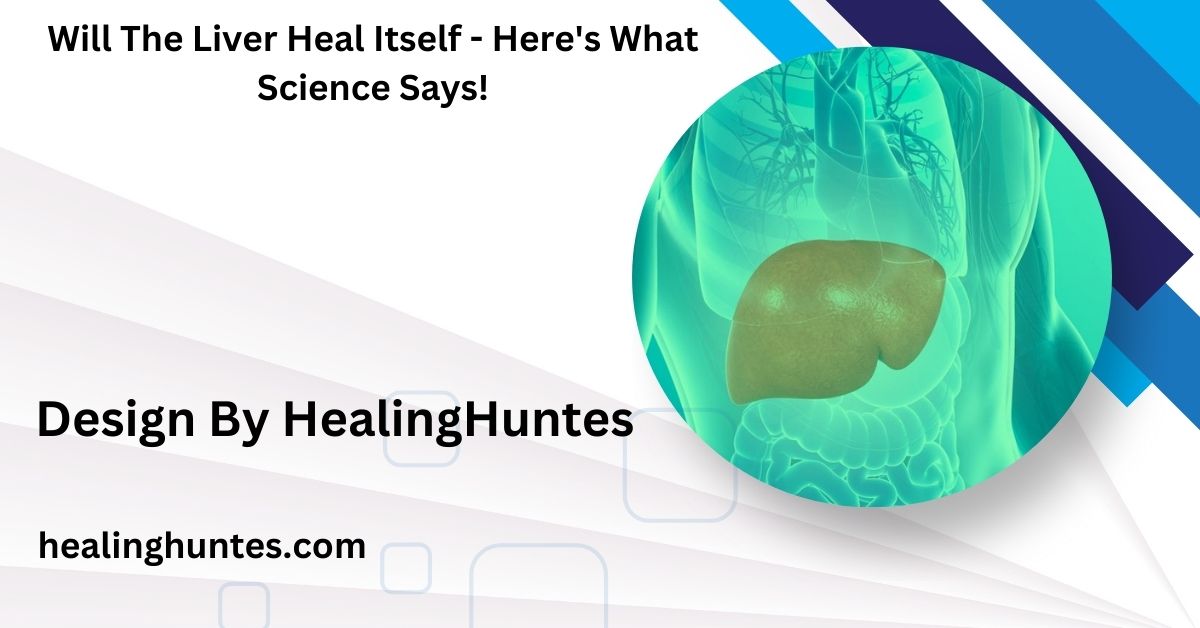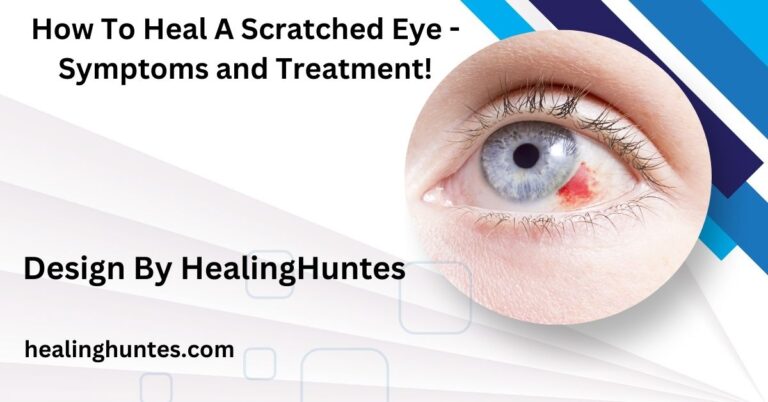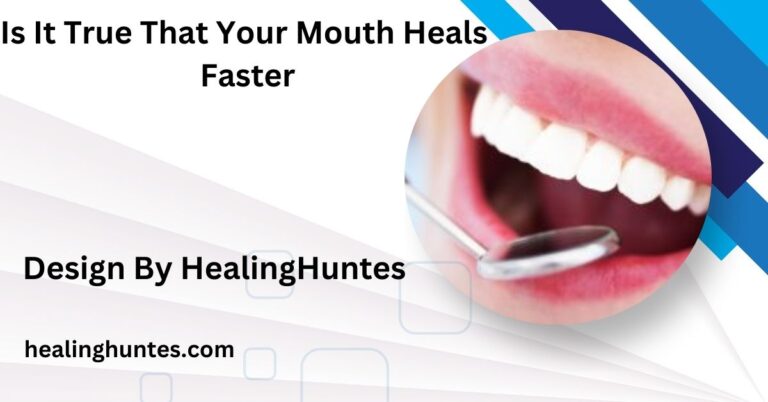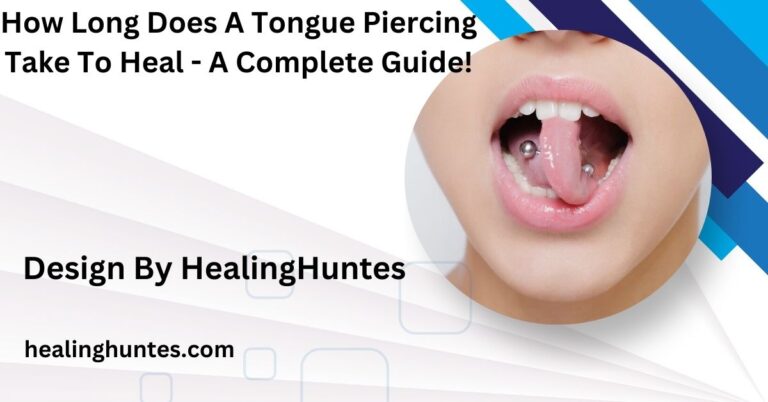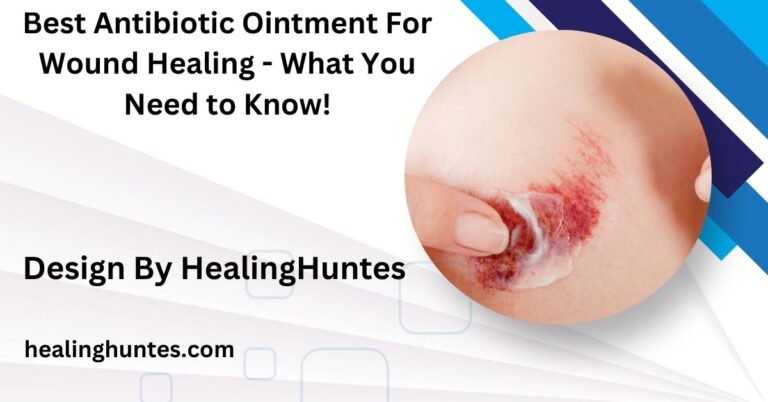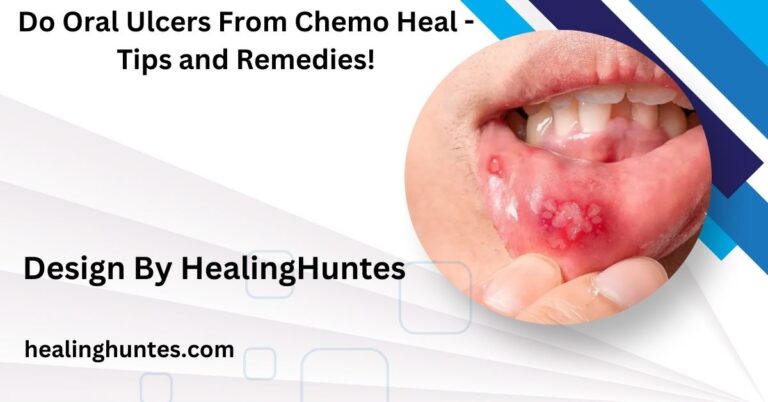Will The Liver Heal Itself – Here’s What Science Says!
Yes, the liver can heal itself, but its recovery depends on the extent of damage, underlying conditions, and maintaining a healthy lifestyle.
This article will explore whether the liver can heal itself, the factors influencing its recovery, and how you can support your liver health.
How Does the Liver Heal Itself:
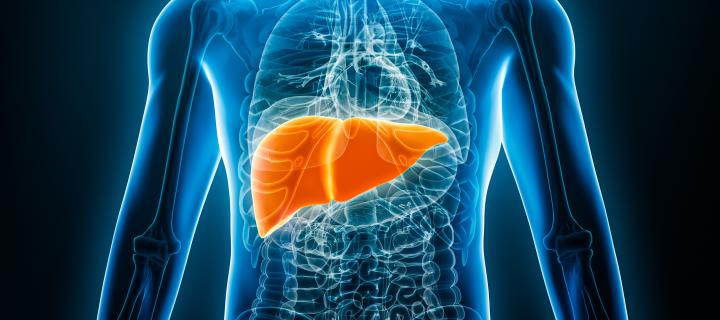
The liver has regenerative abilities that allow it to recover from damage. When a portion of the liver is lost, the remaining cells divide and grow to restore the organ’s size and function. This process doesn’t replace damaged tissue with new liver cells but ensures the liver continues functioning effectively. However, there are limits to this regenerative capacity. Chronic conditions such as cirrhosis or severe liver damage can hinder the liver’s ability to heal, making medical intervention necessary.
Factors Affecting Liver Healing:
The liver’s healing depends on the extent of damage, such as mild injury or chronic disease. Lifestyle choices like diet, exercise, and avoiding toxins significantly impact recovery. Underlying conditions, including hepatitis or fatty liver, can slow the healing process.
Several factors influence how effectively the liver can heal itself:
Extent of Damage:
The severity of liver damage plays a critical role. Minor damage, such as from occasional alcohol use or a short-term illness, is often reversible. However, long-term abuse or chronic diseases like hepatitis can impair healing.
Lifestyle Choices:
A healthy diet, regular exercise, and avoiding toxins like excessive alcohol or drugs significantly boost the liver’s recovery process. These choices ensure that the liver is not overburdened, allowing it to regenerate more effectively.
Underlying Conditions:
Certain conditions, such as fatty liver disease, hepatitis, or autoimmune disorders, can slow down the liver’s healing. Proper medical treatment and lifestyle adjustments are essential to support recovery.
Also Read: Skin Graft Healing Stages Pictures – Skin Graft Recovery Process!
Signs Your Liver Is Healing:
Improved energy levels and better digestion are common signs of liver recovery. Normal liver function test results indicate reduced inflammation and damage. Gradual improvements in overall well-being often accompany the healing process.
When the liver begins to heal, the body often gives subtle signals:
- Improved Energy Levels: Healing the liver restores its ability to process nutrients, leading to higher energy.
- Better Digestion: As bile production improves, you may notice reduced bloating and better digestion.
- Normal Blood Tests: Liver function tests may show improvements, indicating reduced inflammation and better enzyme levels.
Steps to Support Liver Healing:
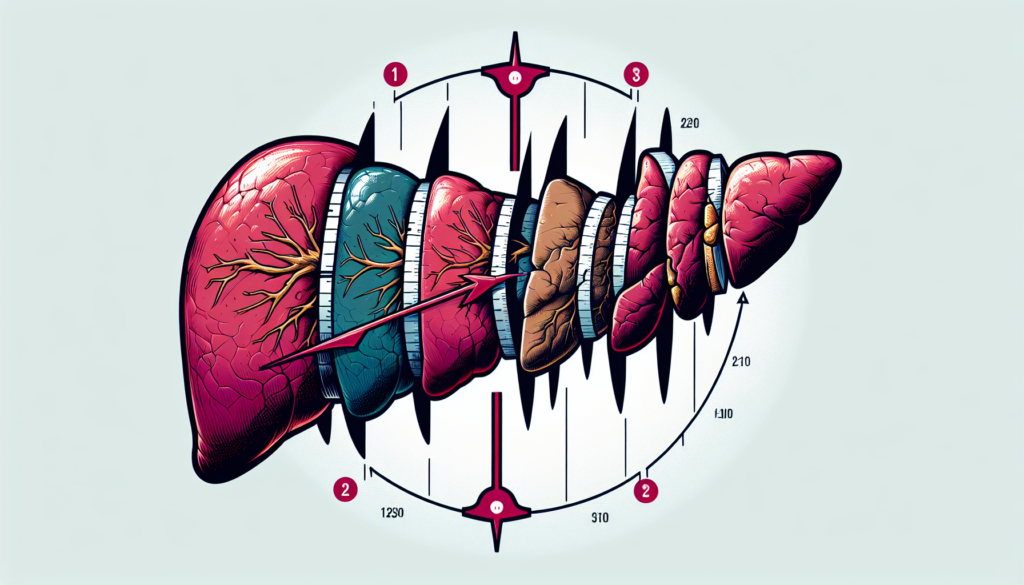
Adopt a balanced diet rich in antioxidants and lean proteins to reduce liver strain. Stay hydrated and avoid alcohol or toxic substances. Regular exercise helps reduce fat in the liver and supports its regeneration.While the liver can regenerate, you must take steps to support its healing:
Eat a Balanced Diet:
Include whole foods rich in antioxidants, such as fresh fruits, vegetables, and lean proteins, to support liver health. Avoid processed foods high in sugar, unhealthy fats, and additives that burden the liver. A balanced diet helps reduce inflammation and enhances the liver’s natural healing process.
Stay Hydrated:
Adequate water intake helps the liver flush toxins from the body, promoting detoxification and overall function. Proper hydration reduces strain on the liver, allowing it to focus on essential metabolic processes. Aim to drink water consistently throughout the day for optimal support.
Avoid Alcohol and Toxins:
Even small amounts of alcohol can slow liver regeneration, while toxins from medications or chemicals may worsen damage. Eliminating these substances reduces the liver’s workload and improves its ability to repair itself. Consult a doctor before taking over-the-counter drugs that may harm the liver.
Exercise Regularly:
Regular physical activity reduces fat accumulation in the liver, which is a common cause of liver damage. Exercise improves overall circulation and helps maintain a healthy weight, both of which are vital for liver recovery. Aim for moderate activities like walking or yoga to support healing.
Also Read: What Helps Heal Bladder Polyps Removal Surgery – Tips and Lifestyle Changes!
Can Liver Regeneration Fail:
Despite its resilience, the liver’s ability to regenerate is not unlimited. When damage is severe or ongoing, the regenerative process may not keep up. This often occurs in conditions such as:
- Cirrhosis: Permanent scarring of the liver tissue prevents normal regeneration.
- Chronic Hepatitis: Long-term inflammation damages the liver.
- Alcohol Abuse: Persistent use can overwhelm the liver’s healing abilities.
In such cases, medical treatment and lifestyle changes are crucial to prevent further damage.
Role of Medical Treatment in Liver Healing:
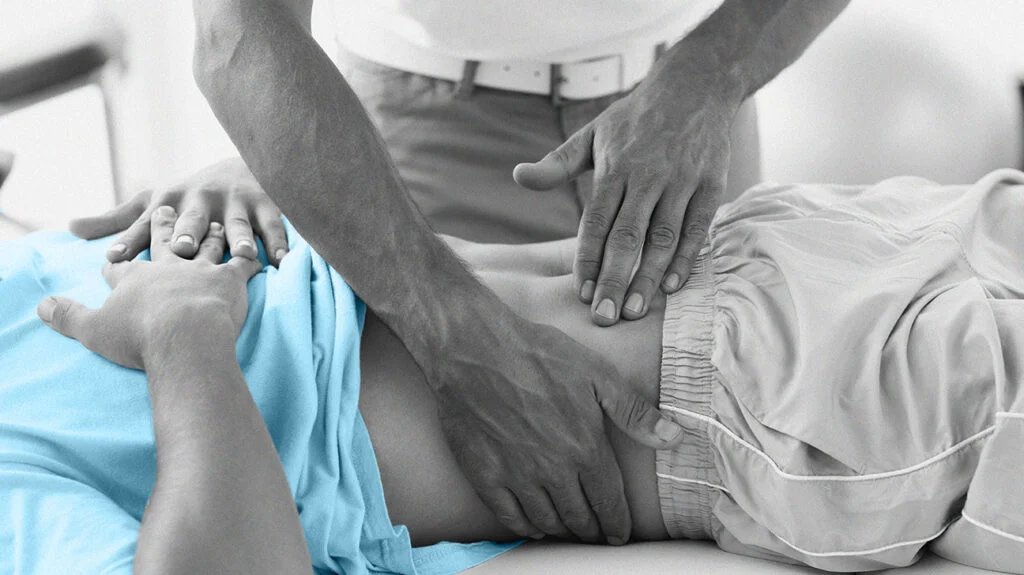
Medical intervention may be necessary for significant liver damage. Treatments can include antiviral medications for hepatitis, lifestyle counseling, or even liver transplants in severe cases. Early detection and timely medical care are essential to improving outcomes.
Common Myths About Liver Healing:
A common myth is that the liver can always heal regardless of damage, which isn’t true in severe cases. Detox cleanses are often unnecessary, as the liver naturally detoxifies itself. While chronic damage can’t always be reversed, its progression can be slowed.
The Liver Can Heal No Matter What:
While the liver is highly resilient, its healing capabilities have limits. Continuous alcohol abuse or chronic conditions like cirrhosis can overwhelm its ability to regenerate. Early intervention is crucial to prevent irreversible damage.
Also Read: Kristine Sarayan – Ein Vorbild für Work-Life-Balance!
Liver Cleanses Are Necessary:
Special detoxes or cleanses are not required for liver healing, as it naturally detoxifies itself. A healthy diet, hydration, and lifestyle changes are enough. Avoiding toxins ensures the liver can function and heal effectively.
All Liver Damage Is Irreversible:
Not all liver damage is permanent; mild cases often heal with proper care. Chronic damage, while irreversible, can be managed to prevent worsening. Timely action and lifestyle improvements are key to preserving liver health.
FAQ’s
1. Can the liver heal after years of drinking?
Yes, the liver can heal to some extent if the damage is not severe. Quitting alcohol and adopting a healthy lifestyle is crucial.
2. How long does it take for the liver to heal?
The healing time varies depending on the damage, but minor improvements can occur within weeks, while significant recovery may take months or longer.
3. Can the liver heal itself from fatty liver disease?
Yes, fatty liver disease can often be reversed with weight loss, a healthy diet, and exercise.
4. Does the liver regenerate after surgery?
Yes, the liver can regenerate to its full size after partial surgical removal, provided it remains healthy.
5. What foods help the liver heal?
Foods like leafy greens, berries, fatty fish, and nuts are beneficial for liver health due to their high antioxidant and nutrient content.
Conclusion
The liver is an extraordinary organ with a remarkable ability to heal and regenerate itself. However, its recovery depends on the extent of damage and healthy lifestyle choices, such as a balanced diet, hydration, and avoiding toxins. While minor damage can often be reversed, chronic conditions require medical intervention and long-term care. By taking proactive steps and addressing underlying issues, you can protect and support your liver for optimal health.
